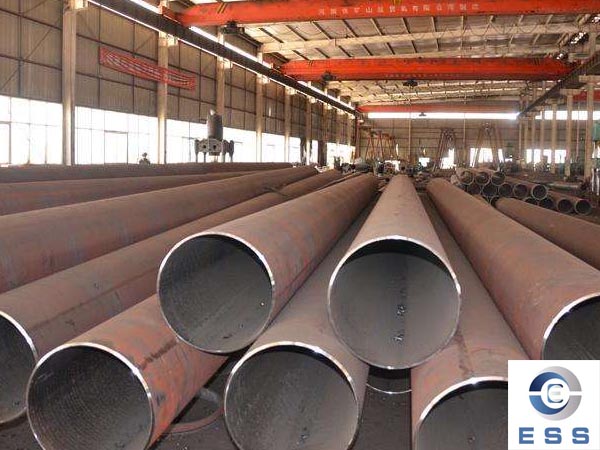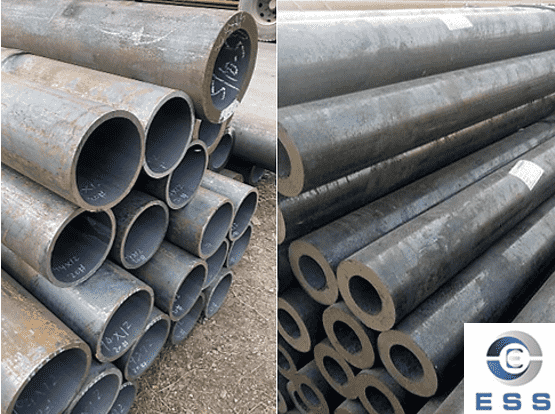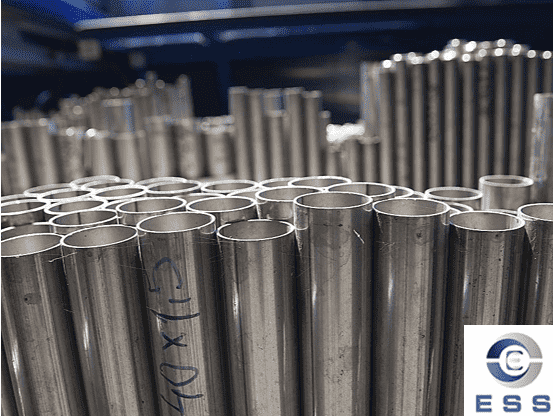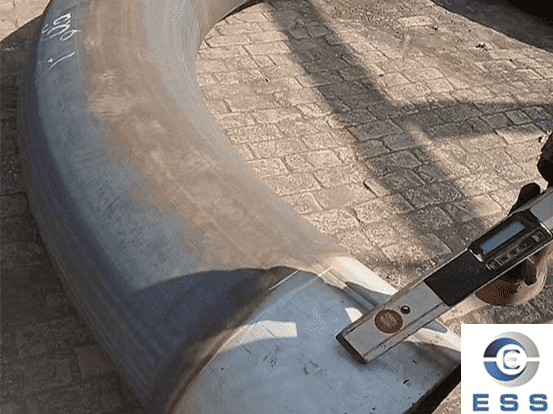1. The uneven wall thickness of the hot-rolled seamless steel pipe is the key to the one-time hot-rolled hole. The uneven wall thickness of the capillary hole is likely to be caused by the following three levels of factors:
1) Uneven heating of the pipe material
When the pipe material is heated in the inclined hearth furnace, if the material is not drawn frequently, half of the pipe material will be "cooked" and half "raw". When the hole is broken, the frictional resistance will be different, resulting in uneven wall thickness.
2) Hazards of the shape and position of the top edge
The top edge is applied too much, and part of the "table" is fused and deposited, and the aspect ratio of the "table" is not symmetrical, which is equivalent to the non-round top edge, which will harm the uneven wall thickness; if it is more serious, it will continue to scratch the capillary tube. superficial layer, resulting in an inner "heavy skin". After the top edge, it will also compromise the uniformity of the wall thickness.
3) Small chain flutter
The reassuring roller of the punching machine is not adjusted in time, so it cannot "hold" the small chain smoothly, and the small chain vibrates, resulting in uneven wall thickness.

2. Cold-drawn steel pipes, cold-drawn seamless pipes, and thick-walled pipes are asymmetrical incentives:
1) The inclination of the front of the pipe material, the excessive bending, and the skewed hole of the pipe material can easily lead to uneven wall thickness at the top of the seamless steel pipe.
2) The widening index is very large when the hole is broken, the speed ratio of the hot-rolled strip is too high, and the cold-rolling is unstable.
3) The unstable steel throwing of the puncher can easily lead to uneven wall thickness at the end of the capillary tube.













 Eastern Steel Manufacturing Co.,Ltd not only improve product production and sales services, but also provide additional value-added services. As long as you need, we can complete your specific needs together.
Eastern Steel Manufacturing Co.,Ltd not only improve product production and sales services, but also provide additional value-added services. As long as you need, we can complete your specific needs together.










